Cenfrocafe is anything but new. In fact it is couple years older than Five Senses, having been founded nearly 15 years ago. However, when looking at the history of coffee production and its rather rich narrative, both Peru and, in particular, Cenfrocafe are young. To give a bit more Peruvian context, this most recent venture into coffee production and exportation began in the last half of the twentieth century. Compared with other South American countries such as Brazil or Colombia, Peru is definitely new on the global coffee map.
In some ways, their late entrance to the coffee market has handicapped Peru’s start in the specialty market. Peru chose to focus mainly on certifications rather than quality. That is not to say that quality cannot be achieved through a certification process, but when it is not the primary intent, quality can easily be lost. Much of the country still persists in this thinking but that is where the entrepreneurial attitude of the people of Cenfrocafe really begins to shine through.
I am not sure what comes to your mind when you hear the word co-op? My initial impression tends towards images of Sunday markets, various produce stands and even stick-it-to-the-man hippy types. Perhaps that is because of my many years in Seattle! But seriously, have you ever given much thought to what the word co-op actually means? In the case of Cenfrocafe, it means that a few farmers banded together and pushed forward to create something better for each individual while working as a collective. As a point of fact, their slogan defiantly says, ‘Idea y Accion de Cafeteros’. That roughly translates as ‘the idea and action of coffee people’.
Every few years, they have made serious progress in one way or another. In early 2001, the group started reaching out for external technical and educational assistance. In 2003, they commenced a joint strategy with Epicafe to begin exporting to U.S. and Europe. In 2007, Cenfrocafe achieved Fairtrade certification and therefore the ability to export as Fairtrade. In 2009, Cenfrocafe consolidated its efforts, shedding its early business partners to become a sole direct exporter. 2009 was also the year that the co-op made a concerted effort to outline the sustainable business plan that they would follow as they moved forward. This was entitled the ‘Co-operative Transformation Agreement’. Excitingly, 2010 was the year that marked the opening of Cenfrocafe Cafe in Jaen, Peru — the only place to offer an exceptional cup of coffee in northern Peru. Along with the cafe, and this was an important step, came a roaster and the ability to roast for the internal Peruvian market. Profiled offerings blossomed as a result and they were determined by quality. This last year, Cenfrocafe engaged in a study with Counter Culture to look at the effect of the western-driven notion of micro-lots and the possible positive or negative effect created within the producing community as a result.
Cenfrocafe has been anything but stagnant. In fact, I believe if they were in the U.S. or Australian market they would be highly praised. Fast Company-like articles would be written detailing their continued advances and impressive organizational skill set. Also I think they would be commended for their ability to focus on their people. Cenfrocafe consistently reinvests in education and control never falls far from the farmers — they elect a board and president to represent needs and direction.
Coffee production is tough. When you start from nearly nothing, then achievement on this scale is even more impressive. Cenfrocafe is an organization to watch. We at Five Senses think they have a promising future and hope this is the start of a budding relationship.



